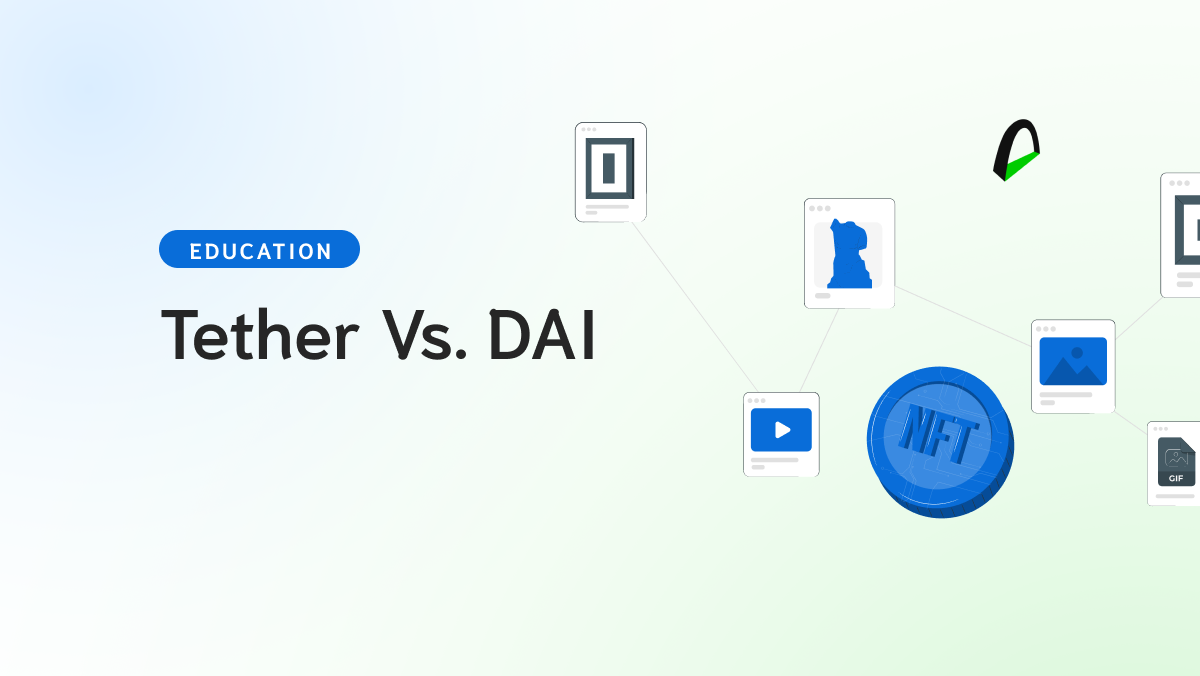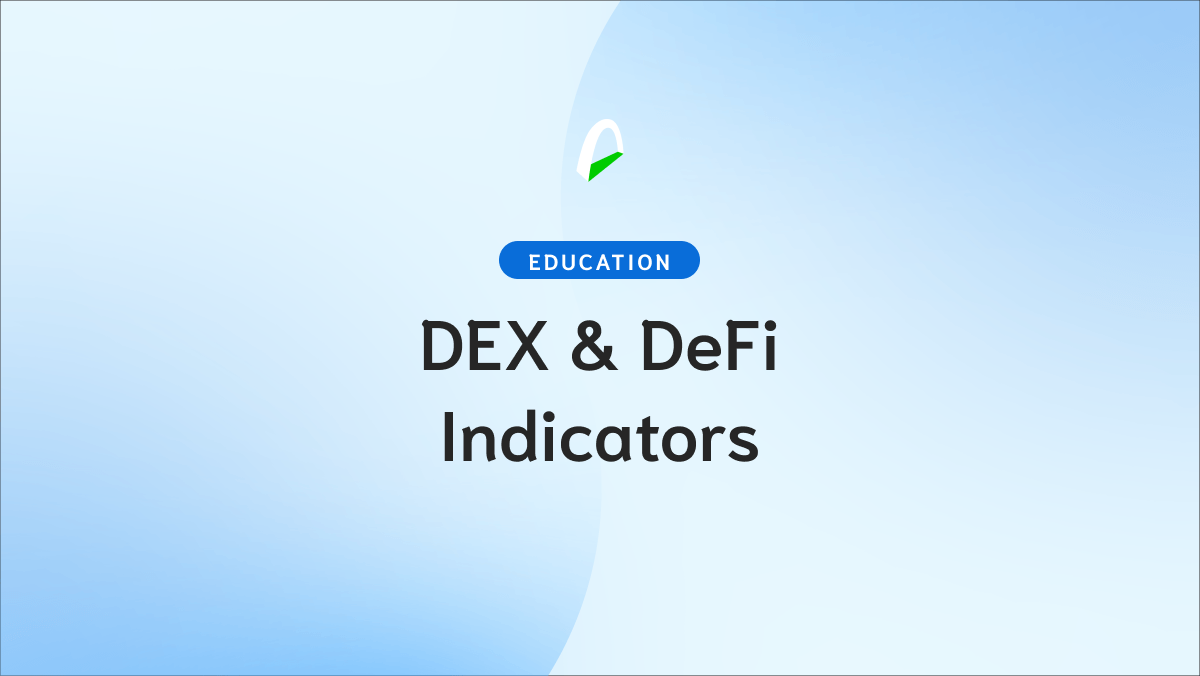Explore the ever-changing world of blockchain technology with this dive into three leading platforms – Ethereum, Solana, and Polygon.
While Ethereum has long been an industry leader in platform development, these newcomers are rocketing to success due to their quicker transactions and range of features that distinguish them from each other.
Get ready for a journey through cutting-edge advancements and the unprecedented potential they offer application builders!
With three major Blockchain platforms, deciding which is the best choice for your application can take time.
Ethereum stands out regarding features and security, while Solana and Polygon offer increased affordability and faster speeds.
The article will help you understand how these variables - architecture, consensus mechanism, scalability, transaction speed – differentiate each platform so that you decide what type of technology meets your needs and budgeting requirements!
Platforms go beyond their price.
For many new to Blockchain, there's a fundamental misunderstanding that its performance is directly tied to its trading value.
The truth? Weight has nothing to do with how good or bad a platform may be for application development - and Ethereum 2.0 stands out amongst them as one of the most versatile available!
Significant improvements and features set it apart from any similar project on offer today - so don't let misleading notions dictate your decisions when choosing what works best for you.
Ethereum's pioneering of Blockchain platforms for NFTs and smart contracts was the spark that ignited a blazing market full of competitors.
While Solana is one top contenders, providing faster transactions at a lower cost than Ethereum, Polygon is not far behind with increased transaction speeds. However, despite all these challengers striving for supremacy in this digital landscape - Ethereum still stands apart as having an unparalleled diversity regarding decentralized applications transparency-wise.
The world of finance is going through a revolutionary change thanks to the power of Blockchain technology and cryptocurrencies.
Companies like Solana, Polygon, and Ethereum leverage this incredible new development by utilizing smart contracts for decentralized apps (dapps). This way, users can safely transfer value without relying on any central authority or third-party intermediary.
Ethereum revolutionized how we think about smart contracts; its Ethereum Virtual Machine (EVM) opened programming languages to a world of possibilities.
As such, it's no surprise that projects like Solana and Polygon seized this opportunity — they've made great strides in reducing network congestion while decreasing transaction costs, so almost any size purchase is possible.
Solana and Polygon combine to revolutionize the digital world with high-speed, low-cost transactions. With Solana's capability of processing up to 65k tips and Ethereum at 30tps, coupled with Polygon (formerly Matic Network) as a robust Layer 2 scaling solution for DApps - we can look forward to faster progress in blockchain tech.
Blockchain systems are all about security, which is why Proof-of-Stake consensus algorithms reign supreme. Compared to the energy-intensive Proof of Work (PoW) counterparts, PoS requires users to put tokens on the line for validation while reducing their carbon footprint.
Solana takes things even further with a secure setup intended for specially formed protection against multiple threats compared to Ethereum's veritable fortresses.
Combining the two innovative technologies of Solana and Polygon creates a powerful synergy.
Together these protocols provide developers with an efficient method to build seamless applications across multiple blockchains, unlocking access to Ethereum's features while gaining from lower transaction costs and faster speeds found on Layer 2 scaling solutions like Polygon.
Solana and Polygon are providing developers with cheaper ways to create dApps, making them more accessible than ever before. Ethereum 2.0 is on its way, but work still needs to be done - it promises groundbreaking scalability and energy efficiency.
However, the shift towards PoS consensus algorithm technology may take some time until we realize these benefits fully.
DeFi and NFTs are revolutionizing the world of Blockchain technology, with Solana and Polygon platforms offering faster, cheaper transactions that will make these modern miracles accessible to more people.
Developers now have new opportunities to build DeFi applications focused on financial services or create exotic digital marketplaces for Non-Fungible Tokens!
As the demand for modern cryptocurrency services increases, knowing the key features of different Blockchain technologies is essential. Solana and Polygon boast impressive speeds and cost-effectiveness, cross-chain compatibility, improved security measures through PoS consensus models, and extensive support for DeFi and NFT use cases.
Ethereum pioneered many elements, including smart contracts but did not compare when to put head-to-head against its more advanced competitors like Solana or Polygon - so choose wisely.
Consensus mechanism
Ethereum utilizes a unique PoW or Proof of Work consensus mechanism, making it one of the most secure decentralized Blockchain platforms.
Unfortunately, its power-hungry requirements can limit participation from multiple users and degrade performance - despite allowing global miners to join in on network decisions.
Polygon and Solana provide two unique ways to achieve consensus on their networks. Polygon relies upon a Proof of Stake, rewarding users with Matic tokens for participating in the network; meanwhile, Solana offers a distinctive Hybrid form combining features from PoW (Proof of Work), PoS (Proof of Stake), and even its innovation, "PoH" or "Proof-of-History" – meaning that transactions can be sorted faster than ever before.
Plus, boasting processing speeds up to 65K tx/s - it's no surprise why both are increasing in popularity amongst crypto enthusiasts today.
Transaction speed
Ethereum is one of the most popular and widely used Blockchain platforms today. Unfortunately, it also happens to be the slowest regarding transaction speeds - only 27-30 transactions per second can occur due to its large user base requiring verification for their network activity.
This often leads to long wait times or hefty fees for a participant's transaction data to be confirmed by other users on Ethereum.
Solana and Polygon have revolutionized the way we manage digital assets! With speeds of up to 65,000 transactions per second, they are far ahead of their competitors.
Solana leverages Tower Byzantine Fault Tolerance (TBFT) for real-time communication between nodes, allowing it to handle larger volumes with maximum efficiency.
For an even faster experience, however, there is no beating Polygon's hybrid environment - where users get the unmatched speed that reaches as high as 65k transactions a second.
Architecture
Ethereum stands out from its competition due to its stateful architecture, of which the core feature is that it records all recent transactions for easy access.
Though this system provides an effective network and offers more security than others, users will experience slower performance when compared with other stateless networks.
Polygon and Solana are two revolutionary blockchain platforms that offer users a glimpse into the future of decentralized societies.
Polygon focuses on creating borderless economies through POS Blockchain technology.
At the same time, Solana provides its users with access to fast transactions thanks to their cluster-based architecture, which uses rotating validator roles.
Every cluster has an appointed leader who builds and timestamps each transaction using Proof-of-History consensus - providing a stateless infrastructure where nodes don't need updating every time changes occur.
With both networks being incredibly efficient, it's no wonder they're paving the way for tomorrow's digital ledger systems.
Scalability
When selecting a platform to develop their Blockchain app, scalability is essential for developers.
Ethereum's transaction speed of 15 transactions per second falls short compared with competitors such as Solana and Polygon, which can provide 65,000 and even higher rates.
Whether through layer two scaling or multi-chain network support, these platforms offer users efficient architectural design, much faster transaction speeds, and better consensus models, giving them the scalability they need.
Transaction gas fees
- As Ethereum has grown in popularity, so too have its gas fees. During peak periods of network congestion, transaction costs can often exceed hundreds of dollars! This high barrier to entry for small transactions has paved the way for layer two scaling solutions – allowing users to make cheaper transfers on a larger scale.
- Polygon offers a more cost-effective approach to blockchain technology than Ethereum thanks to its Proof of Stake consensus algorithm and innovative layer two scaling solutions. Users benefit from much lower gas prices and transaction fees while still enjoying the security of high-speed transactions on Polygon's network.
- Solana stands out with its lightning-fast transactions and meager fees, providing users with an affordable yet efficient Blockchain alternative. With just a few cents being charged per transaction and unparalleled throughput speeds enabled by its cutting-edge consensus algorithm, Solana is sure to be attractive for those seeking cost savings without sacrificing performance.
Blockchain platforms are becoming increasingly popular as developers worldwide discover their potential for creating applications.
From DeFi and NFTs to cryptocurrency mining, these versatile systems offer users a wealth of capabilities to invest time into projects that pack quite a punch with Blockchain's cutting-edge technology.
Three leading players—each offering distinct features tailored to individual needs—have quickly become go-to solutions on which individuals can base investment strategies or create new products entirely.
With attention focused on Blockchain's budding possibilities, we will likely continue seeing more from this sector now and into the future!
Ethereum has long been the hub of the crypto world, providing a stronghold for Defi and NFTs to take root.
Nevertheless, as competition in crypto increases, other platforms such as Solana and Polygon have garnered considerable attention among those new to digital asset trading.






